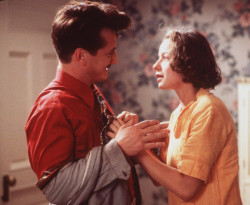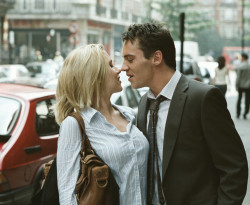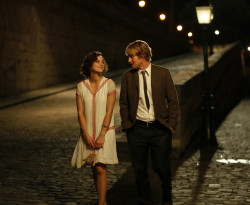_211122_01.jpg/800x350_25932_Az_utolso_ejszaka_(1917)_211122_01.jpg)
The Last Night (Az utolsó éjszaka, 1917)
120 years of Hungarian cinema
- Müpacinema
Ticket prices
Thank you for your understanding and cooperation.
When discussing Hungarian films made between the two world wars, one usually thinks of lighter genres: comedies, farces, satires. Not without reason. When it comes to sound films of the era, there were very few dramas. However, the few remaining silent films from Hungary and evidence from documentaries suggest that this particularly medium was no stranger at all to dramatic films. Jenő Janovics was involved in serious dramatic works in the film industry as a writer, producer and director. His films were very successful. So much so that Janovics used the income from the box office to support the theatre plays he directed.
The discussions before and after the screening will be conducted in Hungarian.
Presented by: Müpa Budapest
Featuring:
-
HostMárton Kurutz
Creator:
-
DirectorJenő Janovics
Parking information
We wish to inform you that in the event that Müpa Budapest's underground garage and outdoor car park are operating at full capacity, it is advisable to plan for increased waiting times when you arrive. In order to avoid this, we recommend that you depart for our events in time, so that you you can find the ideal parking spot quickly and smoothly and arrive for our performance in comfort. The Müpa Budapest underground garage gates will be operated by an automatic number plate recognition system. Parking is free of charge for visitors with tickets to any of our paid performances on that given day. The detailed parking policy of Müpa Budapest is available here.
Safe ticket purchase
Dear Visitors, please note that only tickets purchased from the Müpa website and official ticket offices are guaranteed to be valid. To avoid possible inconvenience, we suggest buying tickets to our performances and concerts via the mupa.hu website, the Interticket national network (jegy.hu) or at our official ticket offices.






